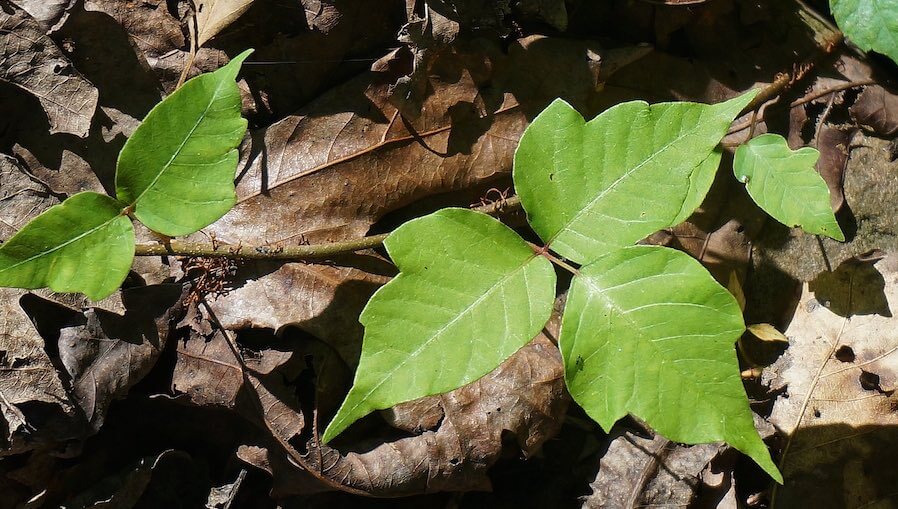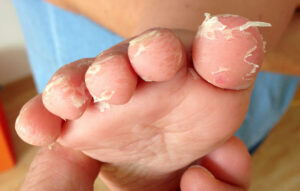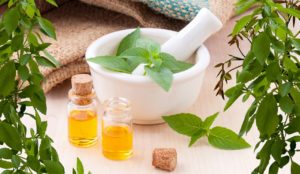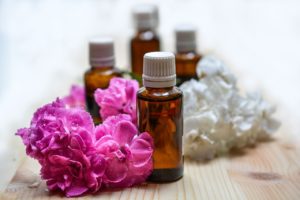Exposed to poison ivy. First, you must wash your skin right away.
Washing off may reduce the chance of getting a rash and severe itching.
If you develop a mild rash or itchiness, you may be able to utilize natural home remedies. You can also try essential oils in the form of soothing lotions and soothing baths.
If your poison ivy rash is either severe or covers your face or genital area, please consult with a medical professional.
What is Poison Ivy?
Poison Ivy is a type of plant that causes allergic reactions in some people. Its leaves are shiny and have three or five lobes. The flowers are small and white, while the berries are red or orange.
Poison Ivy can be found in most of the parts of North America and also in some parts of Europe. The plant grows on trees, rocks, and ground. It has a wide range of distribution because it can grow in different environmental conditions such as wet or dry areas.
Poison ivy, poison oak and poison sumac all produce oil called urushiol which is known to cause a rash. If you come into contact with this oil then you may have an allergic skin reaction. This reaction is characterized by redness, itchiness and even blisters.
Symptoms
Signs and symptoms of a poison ivy rash include:
- Redness
- Itching
- Swelling
- Blisters
- Difficulty breathing, if you’ve inhaled the smoke from burning poison ivy?
Essential Oils as a Natural Remedy
There are many oils that can be used to treat poison ivy. The most popular ones are lavender, tea tree and eucalyptus oils.
The best way to use these oils is by diluting them with a carrier oil, like coconut oil or almond oil. Add 5-6 drops of the diluted essential oil to your palm and rub it on the affected area. You can also mix a few drops of the diluted essential oil in water and use it as a compress.
Best Essential Oils for Poison Ivy
Calendula
Calendula is a plant that has been used for centuries to treat skin conditions such as dermatitis and itching. It is a potent anti-inflammatory agent which helps soothe the inflamed skin. The natural oils in calendula work to balance the oil production of the skin, thereby reducing inflammation.
The plant’s flowers are used to create an essential oil which can be applied on the affected area or added to bath water for relief from itching and soreness.
Chamomile
Chamomile is a flowering plant that has been used for centuries as a natural remedy for various skin conditions.
The plant is the only species in the genus Matricaria, and it has been used medicinally since ancient times. It’s known to be an effective treatment for insect bites, burns, and wounds. Chamomile can also be used to treat skin conditions such as eczema and psoriasis.
The oil from the flowers of Chamomile can be extracted and applied to the skin to help alleviate irritated or painful skin that is prone to itching. The oil contains chemicals called bisabolol, which are thought to help with inflammation and swelling of the skin cells.
Eucalyptus
Eucalyptus is a plant that is used for medicinal purposes. It can be used to cure many skin ailments such as irritated skin, rashes, and poison ivy. Eucalyptus oil is extracted from the leaves of the tree and can be applied to the skin or ingested orally.
The leaves of the eucalyptus tree have been used for medicinal purposes since ancient times. In fact, it was one of the most popular treatments in Europe until it was replaced by modern medicine. Today, eucalyptus oil is still used in many products such as lotions and soaps because it has anti-inflammatory properties and helps with skin conditions such as eczema.
Juniper
Juniper essential oil is used to relieve a number of skin conditions and is often used for its anti-inflammatory properties.
Juniper essential oil is a plant with many benefits, but it can be toxic if not properly diluted. Juniper essential oil should never be taken internally or applied to the skin without diluting it first.
Lavender
Lavender is a plant that has been used for centuries for its calming and soothing properties. It can be used in a variety of ways such as aromatherapy, massage oil, and bath bombs.
Lavender is an essential oil that has calming properties. It can be used in a variety of ways such as aromatherapy, massage oil, or bath bombs. Lavender essential oil is often used to treat skin irritation, pain, and itching that are caused by poison ivy.
Myrrh
Myrrh essential oil is an anti-inflammatory and pain reliever. It can be used to soothe irritated skin and relieve the itching, burning, and painful sensations of poison ivy.
Myrrh is a plant resin that has been used for centuries as an anti-inflammatory, pain reliever, and treatment for skin conditions. Myrrh has been shown to be effective in relieving the itching, burning, and painful sensations of poison ivy.
Peppermint
Peppermint is a natural oil that is extracted from the peppermint plant. It has many benefits for skin conditions such as irritated skin, itchy skin and pain from poison ivy.
Peppermint essential oil can be used to help with itching, pain, and inflammation caused by poison ivy. It can also be used on the skin to soothe irritation and reduce pain caused by insect bites or sunburns.
Peppermint essential oil should not be applied directly to the face without diluting it with water first because it may cause redness or burning of the skin.
Pine
Pine is an essential oil that has many benefits for the skin. It can be used to soothe irritated skin, as well as provide pain relief from itching and stinging. However, it can also cause irritation and allergic reactions.
One of the most common ways to use pine is by diffusing it into the air. This allows you to get all of its beneficial properties without any of the negative side effects. You can also apply it topically by mixing a few drops with water or carrier oil and putting it on your skin, or by adding it to your bath water for a soothing soak.
Tea Tree
Tea Tree is a type of essential oil that has been used for centuries. It has been found to be effective in relieving the symptoms of many skin conditions, such as itching and pain.
Tea tree essential oil is an effective treatment for skin conditions like irritated skin and painful itching. It can also help with poison ivy by relieving the symptoms of the allergic reaction.
How to use essential oils for poison ivy?
Compress
To make a compress you need
- 5 drops of essential oil (any of the above)
- 1 cup of warm water
Stir warm water and oil together. Soak a clean cotton cloth in the mix and apply it on the rash for relief.
Lotion
You can make a soothing lotion by adding essential oil in aloe vera gel.
Ingredients
- 5 drops of essential oil (any of the above)
- 1 ounce of aloe vera gel
Add essential oil to aloe vera gel. Stir well. Use a cotton ball to apply this lotion to the rash.
You can try the above recipes for a mild rash, but must consult a medical expert if you have a severe one. Hope this article has given you some ideas to start with on making your own essential oil remedies for poison ivy or any other type of rash.









